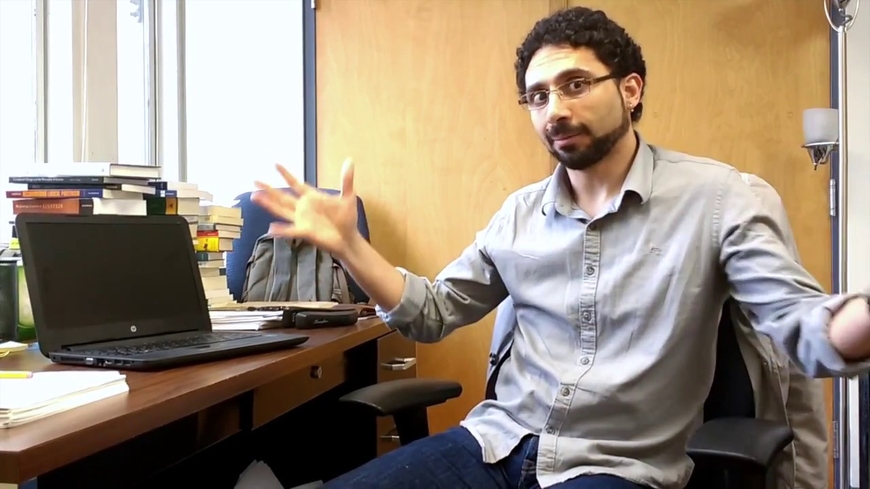Predictively Equivalent Theories: What’s the Problem?
Pablo Acuña, Philosophy Institute, Pontifical Catholic University of Chile
Abstract: Scientific theories are accepted or rejected in terms of their predictions. Roughly speaking, successfulpredictions lead to acceptance, whereas false predictions lead to rejection. What happens, then, if two (or more)rival scientific theories make exactly the same predictions? All the evidence in favor of one of the theories is alsoevidence for its predictively equivalent rivals, so how do we choose? The theories are rivals, so we cannotconsistently accept them all, but how could ever claim that only one of the theories is true?In this talk we will address this problem and the ensuing questions. We will review the most importantproposed stances, and defend a particular diagnosis. Although it is true that cases of predictive equivalence lead tounderdetermination of theory choice, the problem is not as serious as it is sometimes argued—the evidential tie isalways contingent and can be eventually broken. Besides, there is a silver lining: a pluralist stance towards the rivaltheories can be adopted, and this may lead to new science.We will illustrate our diagnosis of the problem by analyzing two cases of predictive equivalence in modernphysics: Einstein’s special relativity vs. Hendrik Lorentz’s ether theory, and the rival interpretations of quantummechanics.
